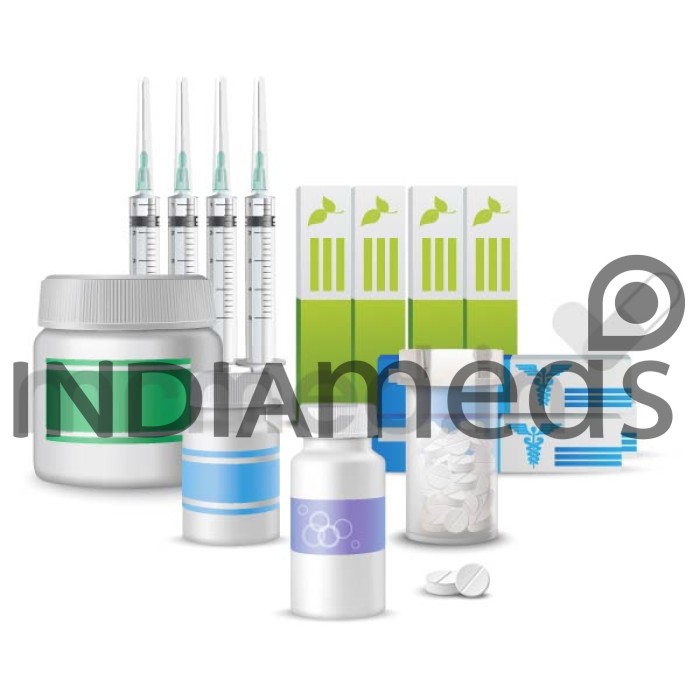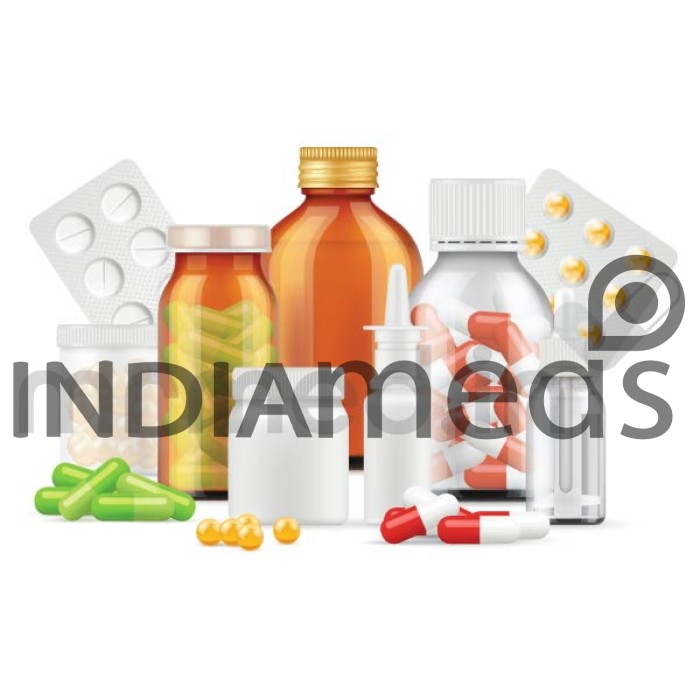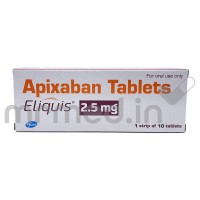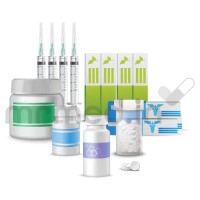Milifast 100mg Injection is an antibiotic medication that belongs to the tetracycline class of antibiotics containing the active ingredient Minocycline. It is used to treat various bacterial infections, including respiratory tract infections, urinary tract infections, skin infections, meningitis, syphilis, chlamydial infection, and acute ischemic stroke. This medication is also valuable in cases where patients cannot receive penicillin antibiotics due to allergies or other reasons.
This drug is contraindicated in individuals with known hypersensitivity or allergy to it or its component. Milifast 100mg Injection can make your skin more sensitive to sunlight, increasing the risk of sunburn. Use sunscreen and wear protective clothing when outdoors. In rare cases, this drug has been associated with developing autoimmune disorders, such as drug-induced lupus. If you experience symptoms like joint pain, fever, chest pain, or skin rashes, notify your physician. This drug can affect liver function. If you have a history of liver problems, discuss this with your physician, as they may need to monitor your liver function during treatment.
Milifast 100mg Injection is not recommended during pregnancy or breastfeeding, as it may harm the developing fetus or pass into breast milk. If you are pregnant or planning to become pregnant, or if you are breastfeeding, discuss alternative treatment options with your physician. This drug may affect dental development in children, leading to permanent discoloration of teeth. It can also affect bone growth in children. Therefore, it's generally not prescribed to children under 8 years old.
Therapeutic Effects of Milifast 100mg Injection
Pregnancy
Milifast 100mg Injection is not recommended during pregnancy, as it may harm the unborn baby and increase the risk of birth defects. If you are pregnant, suspecting, or planning for the pregnancy, report to your doctor before starting the treatment.
Breast Feeding
Taking Milifast 100mg Injection while breastfeeding may be unsafe because it passes into breast milk and affects the child. Do not breastfeed while taking this medicine.
Lungs
Milifast 100mg Injection is safe to use and can be prescribed for patients with lung problems. Consult your physician if you have any lung diseases before starting the treatment.
Liver
Milifast 100mg Injection is not recommended in patients with severe liver diseases. Alternative treatment is necessary. Inform your doctor if you have liver issues before initiating the therapy.
Alcohol
It is unknown whether consuming alcohol interacts with the Milifast 100mg Injection. Please consult your doctor for more advice.
Driving
Driving vehicles or operating heavy machinery is unsafe after taking Milifast 100mg Injection. It may cause dizziness or vertigo and impairs concentration.
Serious
- Allergic reaction
- Sunburn reaction
- Clostridium difficile-associated diarrhoea (CDAD)
- Liver problems
Common
- Light‑headedness
- Dizziness
- Nausea
- Vomiting
- Vertigo
No, Milifast 100mg Injection is an antibiotic used specifically for bacterial infections. It will be uneffective against viral infections like the common cold or flu.
Milifast 100mg Injection is a prescription medication and is not available over-the-counter. You will need a prescription from a physician to obtain it.
Milifast 100mg Injection can interact with other medications, including oral contraceptives and ergot alkaloids drugs. It's important to inform your physician of all the medications and supplements you are taking to avoid serious interactions.
Milifast 100mg Injection also helps to treat moderate to severe cases of acne. It reduces inflammation, kills bacteria on the skin, and improves the appearance of acne lesions.
The common side effects of Milifast 100mg Injection include nausea, vomiting, diarrhea, dizziness, and skin sensitivity to sunlight. It can also cause more serious side effects like allergic reactions, liver problems, and a rare but severe condition called drug-induced lupus-like syndrome.
Molecule name: Minocycline | Therapeutic class: Antibiotic |
Pharmacological class: Tetracyclines | Indications: 1. Respiratory tract infections 2. Urinary tract infections 3. Skin infections 4. Meningitis 5. Syphilis 6. Chlamydial infection 7. Acute ischemic stroke |







